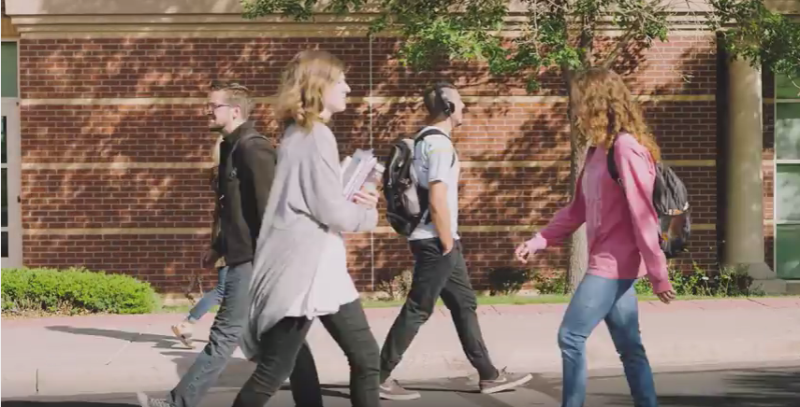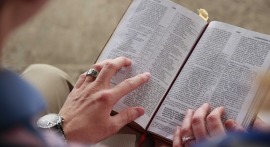
Attorney General Daniel Cameron joined the lawsuit against Kentucky Governor Andy Beshear after banning in-person learning in public and private schools including religious schools.
The Christian Post reported that First Liberty Institute, the largest religious liberty law firm in the U.S. dedicated to defend religious freedom, filed the lawsuit against Gov. Andy Beshear after issuing an executive order which bans religious schools from doing in-person learning. The Attorney General then joined the lawsuit as the plaintiff.
On Wednesday, Beshear issued Executive Order 2020-969 which bans in-person instruction in all public and private schools. This includes elementary, middle and high school institutions.
In addition, the executive order requires the ban of in-person learning in middle and high school until Jan. 4 of next year. On the other hand, elementary schools can resume at a much earlier date by Dec. 7.
However, the resume of in-person learning is still unsure for the state of Kentucky. For one, schools can only resume on the abovementioned dates if they are not located in a "Red Zone County" which are assigned by the Kentucky Department of Public Health.
Following the issuance of the order, Danville Christian Academy in the Eastern District of Kentucky Friday filed the lawsuit due to constitutional violations. The general attorney later joined the lawsuit to show his support.
In a statement, Cameron says that the Governor's executive order violates the First Amendment of the U.S. Constitution and the Commonwealths Religious Freedom and Restoration Act (RFRA) which is Kentucky's equivalent of constitutional guarantees.
"The ability to provide and receive a private religious education is a core part of the freedoms protected by the First Amendment."
Cameron explained that schools which follow safety and health protocols should remain open.
"Religiously affiliated schools that follow recommended social-distancing guidelines should be allowed to remain open."
The Attorney General also pointed out that the school-closure order only prohibits religious schools from being able to educate children in accordance and in consistency to their faith.
First Liberty Institute also notes that in a separate executive order, Beshear issued that several establishments like theaters, event spaces and other places like restaurants and bars can operate with a limit of "25 people per room."
The attorney general's office adds that many classrooms in Kentucky do have a limit of "25 people per room" - an argument that Cameron clearly voiced out.
"If it is safe for individuals to gather in venues, shop in stores, and work in office environments, why is it unsafe for Kentucky schools to continue in-person operations while applying the same safety protocols?"
In the brief, Courier Journal reported, religious schools see not just the importance of in-person instruction, but also the impact and importance of their mission. Hence, they took the necessary steps and even "incurred significant financial expense to provide safe in-person learning during this academic year."
The supporters of the lawsuit also echoed U.S. Centers of Disease Control and Prevention Director Robert Redfield comment from last week saying that schools are "one of the safest places" where the kids can be in this time of pandemic.
According to Redfield, schools can still operate even with face to face learning. "They can do it safely and they can do it responsibly" he adds.
As of the moment, nine more religious schools with the addition of more than 1,000 concerned parents in Kentucky have filed amicus briefs in support of the Attorney General's lawsuit against Gov. Beshear's executive order.



















